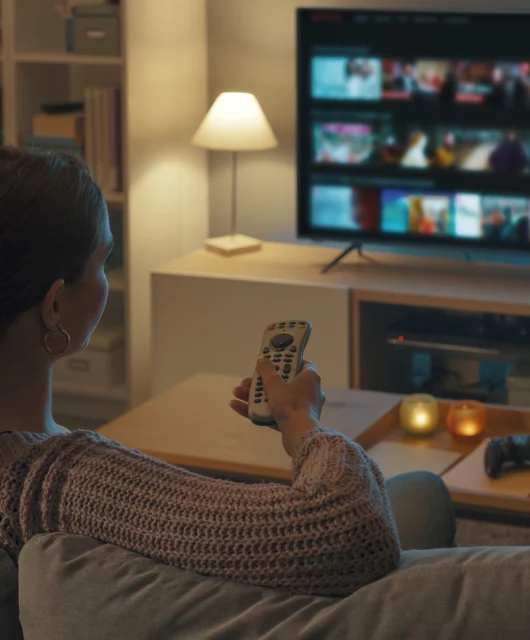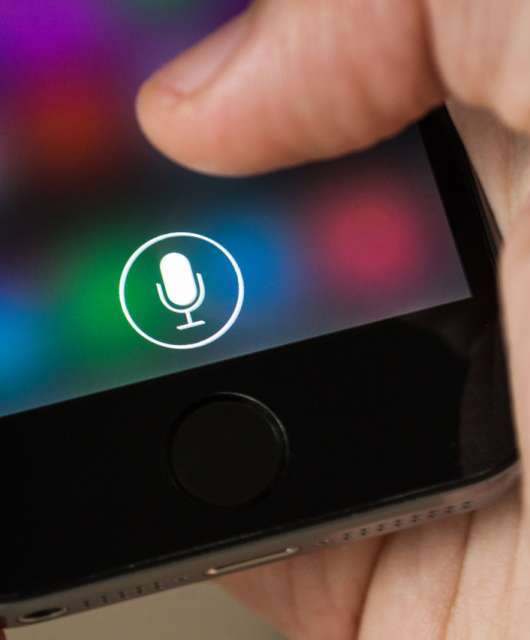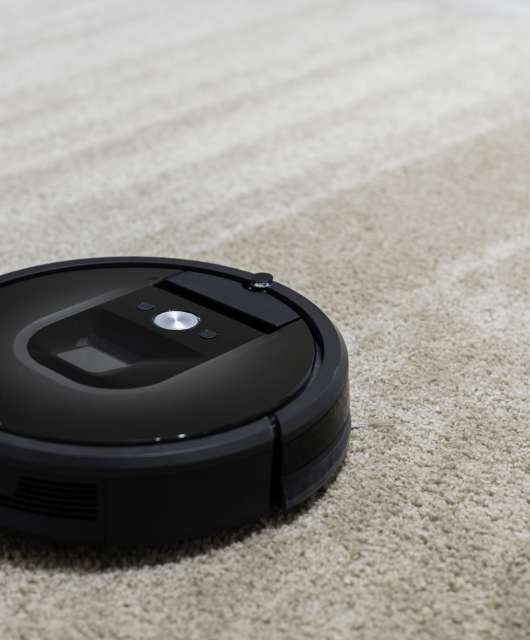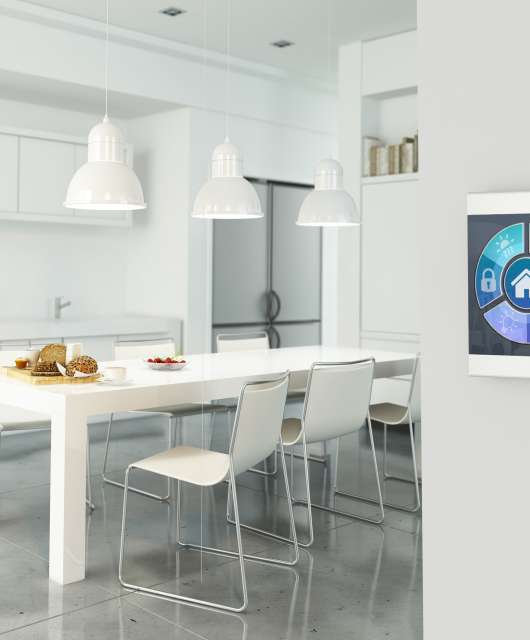Smart assistants such as Siri, Alexa, and Google Home record snippets of your commands. However, they are not the only ones keeping a record of your voice commands or messages – Facebook’s Messenger app, and Apple’s Messages also record your voice. The tech giants use voice recording to improve their services, and this sometimes involves human review. Most of the time, the tapes are reviewed by real-life human contractors who might be sitting on the other side of the world. They verify if the commands were understood correctly by the app and work on improving the algorithm. They sometimes have to review approximately 1000 recordings a day.
Do companies such as Apple, Facebook, Amazon, or Alexa listen to real-life conversations?
In an interview with MONEY magazine, Facebook said that they do not use a phone’s microphone to listen in on real-life conversations to target people with relevant ads. According to the same company spokesperson, the app only listens and sometimes records you only when a specific feature in the app is prompted. Facebook said they do not document nor listen to your conversation all the time when the app is open. Such activity would be almost physically impossible as this would produce 33 times more data daily than Facebook currently consumes. This seems to be the case with the other tech giants too.
Who are the contractors who listen to your message?
The contractors hired by companies such as Amazon and Google are often located abroad. Contractors reviewing audio snippets are located all across the world in places such as Romania, Costa Rica, and even India. Of course, there are contractors here in the USA too.
Can your voice be identified and linked back to you?
Millions of people use smart assistants every day, so identifying the person who is behind a specific command might not be the easiest task, but technically the answer is yes. If a company wants to link a recording back to a user they should be able to do so. However, independent contractors often do not have the tools needed to connect a particular voice snippet with the identity of a specific person, nor they have access to the data that may end up relating a recording to a real-life user. Or this is what companies manufacturing the most popular home assistants usually say.
What happens with “incidental recordings”?
Sometimes voice assistants are triggered by a wrong word or a sentence. A simple “Are you serious?” may trigger a response from Siri, who may end up recording sensitive information that you most likely didn’t want to share with Apple’s R&D. All of the top names in the industry such as Google, Apple, and Amazon, have started putting more safeguards against accidental voice assistant collection and transcription. Google has even promised that by the end of the year, they will update the Google Assistant policies that would result in a reduced amount of audio data that the company stores.
Even though that companies say that they respect your privacy and only listen when you are talking to the smart assistants, it is always good to keep in mind that sometimes things you say, might end up in the database of some tech giant. Here at Panda Security, we hope that those servers are maintained well, and those recordings will be kept as secure as possible.








